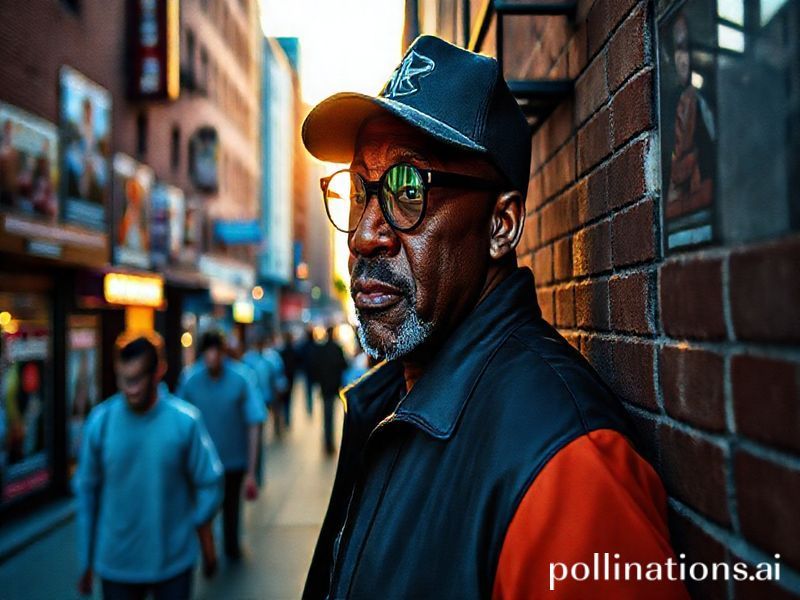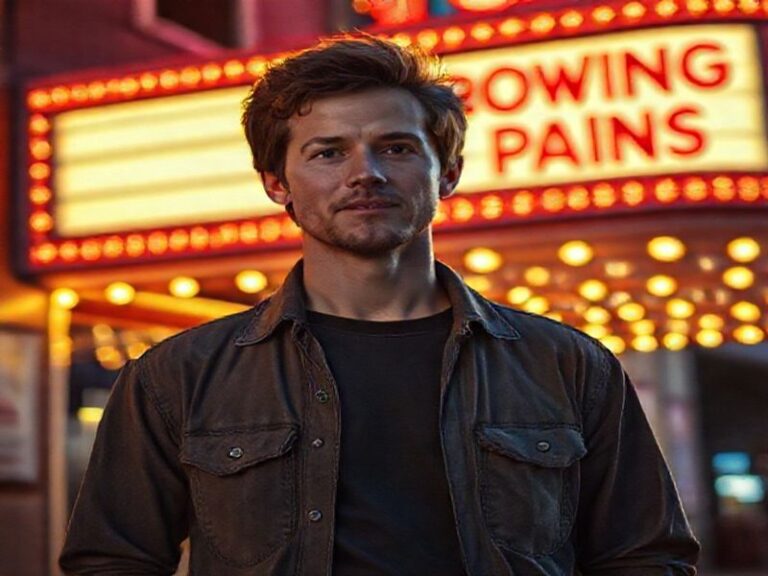spike lee
Spike Lee Lands in Cannes, Reminding the Planet That America Still Can’t Sit Still
By the time the Mediterranean sun had begun its daily assault on the Croisette, Spike Lee was already holding court outside the Palais, red-capped, gold-rimmed shades glinting like a warning flare. The occasion was ostensibly the Cannes premiere of his latest joint—a six-part documentary on the L.A. riots that accidentally rhymes with whatever fresh chaos is trending on Twitter this week. But Cannes, ever the global vanity mirror, quickly reframed the visit into something larger: a referendum on whether the United States, that hyperactive toddler of nations, has learned to share its toys or is still busy setting them on fire.
Lee has long served as the unofficial translator between Black America and the rest of the wired planet. In Seoul stock-exchange break rooms, traders stream Do the Right Thing on mute while they short whatever U.S. retail chain just issued another solemn apology. In Lagos ride-shares, passengers quote Malcolm X lines back at their drivers like currency. Somewhere in rural Bulgaria, a teenager who’s never seen a real pizza wears a knockoff “Brooklyn” cap because She’s Gotta Have It posters still wallpaper the local barber’s. The world consumes Spike’s America the way it once consumed Coca-Cola: sweet, fizzy, mildly corrosive to the stomach lining.
The new documentary is vintage Lee—archival crackle, kinetic jump cuts, a soundtrack that oscillates between Public Enemy and the sound of real sirens. It lands at a moment when every continent seems to be rehearsing its own reboot of civil unrest. Paris suburbs still smolder from pension riots; Nairobi just finished sweeping up after Gen-Zs discovered tear gas tastes exactly like colonialism. Watching Korean sales agents scribble notes during a scene of 1992 looting, one couldn’t help but note the global supply-chain poetry: Samsung screens broadcasting American uprisings to buyers who will, in turn, sell the same screens back to Americans so they can riot in higher definition next time.
Lee’s post-screening press conference was a master class in controlled exasperation. Asked whether America has “progressed” on race, he replied, “Progress? Man, we just upgraded the operating system; same bugs, shinier icons.” The French journalists laughed the way only the French can—like a tax write-off on existential dread—while the American contingent furiously live-tweeted the quote, inadvertently proving his point.
Back home, the right-wing commentariat greeted the film’s release with performative exhaustion—another lecture from “Hollywood elites,” as if Lee moonlights in a Bel-Air jacuzzi between takes. Meanwhile, China’s state censors blocked all coverage, presumably worried that footage of burning strip malls might give Uighurs ideas. In Russia, state TV recut the trailer to suggest the riots were caused by Ukrainian jazz musicians. Everyone, it seems, edits Spike to fit their own fever dream.
Yet the most telling moment happened off-camera. At a beachfront soirée sponsored by a crypto exchange that claims to be “decolonizing finance,” Lee cornered a European streaming executive and demanded to know why the platform’s algorithm files BlacKkKlansman under “Urban Comedy.” The exec mumbled something about “regional taxonomy,” then scurried off to reassure investors that the algorithm is, in fact, colorblind—an assertion roughly as believable as a blockchain marriage certificate.
As the festival wound down, Lee posed for selfies with Senegalese filmmakers, Haitian cinematographers, and a stray Saudi prince who swears he’s optioning the rights to remake School Daze in Neom. Somewhere in the throng, a British critic asked if Spike worries his work is “too American.” Lee flashed the crooked grin of a man who’s heard every variation of that question since 1986. “Baby, America is the world’s longest-running reality show,” he said. “I just provide the subtitles.”
And with that, he strolled toward the next premiere, red hat bobbing like a warning buoy above the tide of tuxedos. The planet keeps spinning, protests keep streaming, and somewhere tonight another teenager in another country will press play, see the American chaos, and recognize the smoke. Same fire, different ZIP code. Spike Lee keeps the receipts.







